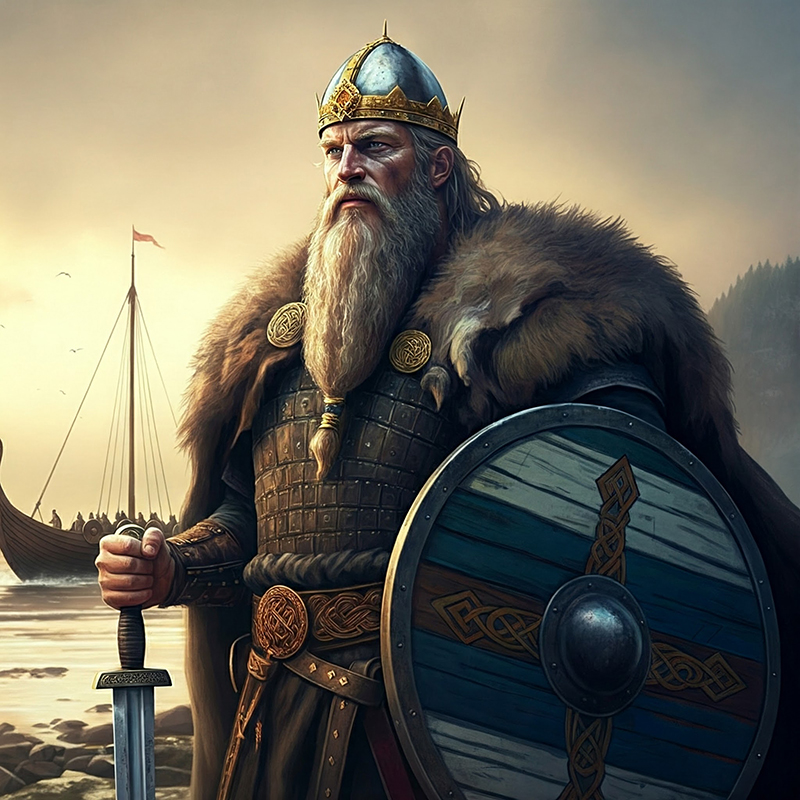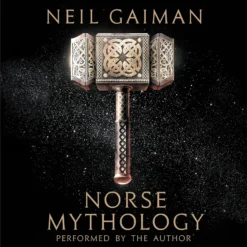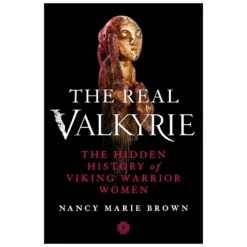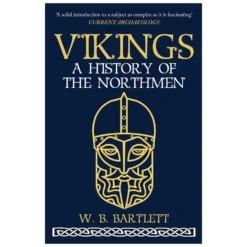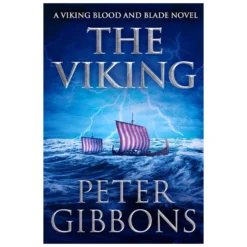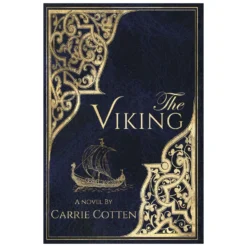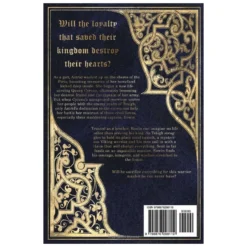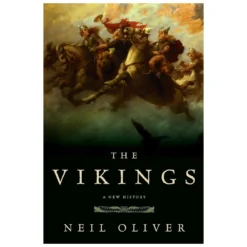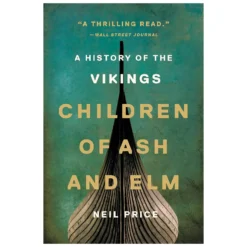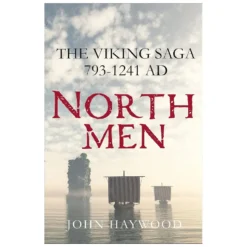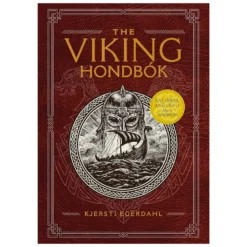Viking Blog
10 Viking Kings Who Left Their Mark on History
The Viking Age (c. 793–1066 AD) was a time of exploration, conquest, and cultural exchange. It saw the rise of many legendary leaders. Among these were Viking kings. They wielded immense power. They shaped their people’s destinies and left enduring legacies. Here are ten Viking kings who stand out in history:
1. Ragnar Lothbrok:
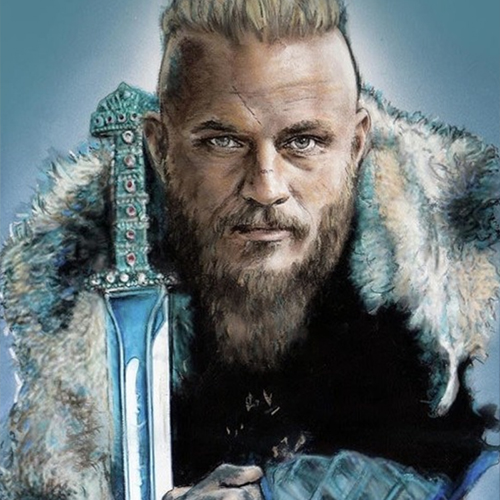
Ragnar Lothbrok is a legendary, mythical figure in Viking lore. He is one of its most iconic characters. This Viking king was a fearless warrior and raider. He led daring raids on Francia and England. His legendary status inspired generations of Vikings. Tales of his sons’ revenge for his death in a snake pit cemented it. It still captivates people today.
2. Harald Fairhair (Harald Hårfagre):
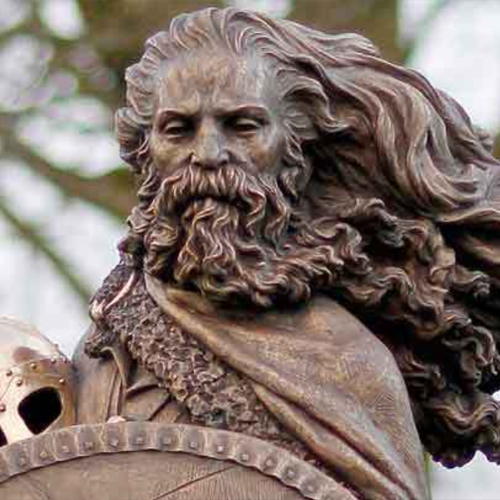
Harald Fairhair, the first King of Norway, unified its tribes. He did so after a decisive victory at the Battle of Hafrsfjord in the late 9th century. A Viking king, driven by ambition, sought to stabilize his land. He founded the Kingdom of Norway and a centralized government. This paved the way for a unified Norwegian identity and a powerful kingdom in the centuries to come.
3. Cnut the Great (Canute):
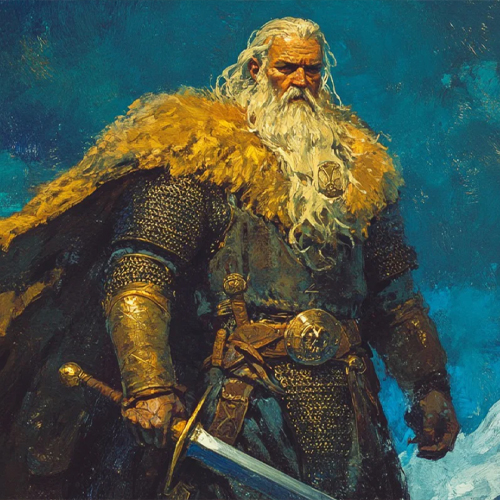
Cnut the Great was a Viking king. He forged a vast North Sea Empire that included Denmark, England, Norway, and parts of Sweden. His reign (1016–1035) marked remarkable political stability and economic prosperity. Cnut’s rule over a diverse empire shows his skills. He was a great diplomat, administrator, and military leader. He fostered trade, reformed laws, and went on a pilgrimage to Rome. This showed his piety and ties to European Christendom.
4. Olaf Tryggvason:
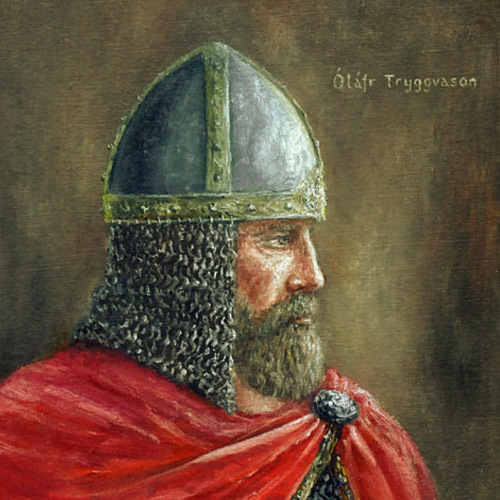
Olaf Tryggvason was a Viking king. He helped convert Norway to Christianity. As King of Norway (995–1000), he used persuasion and force to convert his subjects. He built churches, commissioned translations of religious texts, and suppressed pagan practices. His methods were sometimes harsh. But, they shaped Scandinavia’s religion.
5. Bjorn Ironside:
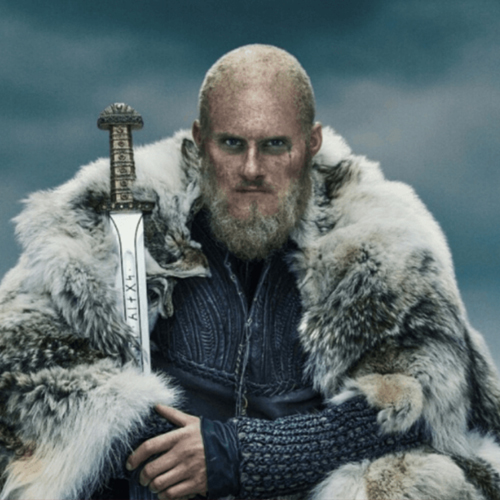
A reputed son of Ragnar Lothbrok, Bjorn Ironside was a Viking king and legendary explorer. He is best known for daring raids along the Mediterranean coast. They reached as far as North Africa and, according to rumors, Italy. These expeditions showed the Vikings’ great naval skills. They expanded their influence far beyond Scandinavia.
6. Harald Hardrada:
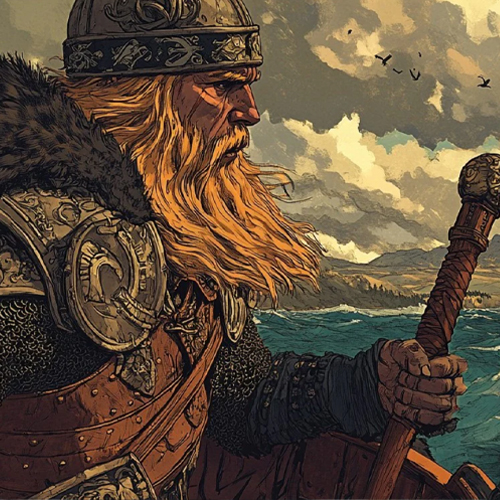
Known as the last great Viking king, Harald Hardrada lived an adventurous life. He was a mercenary in the Byzantine Varangian Guard. Then, he returned to claim the Norwegian throne. His ambition led him to invade England in 1066, resulting in his death at the Battle of Stamford Bridge. This marked the end of the Viking Age in England and a turning point in English history.
7. Gorm the Old:
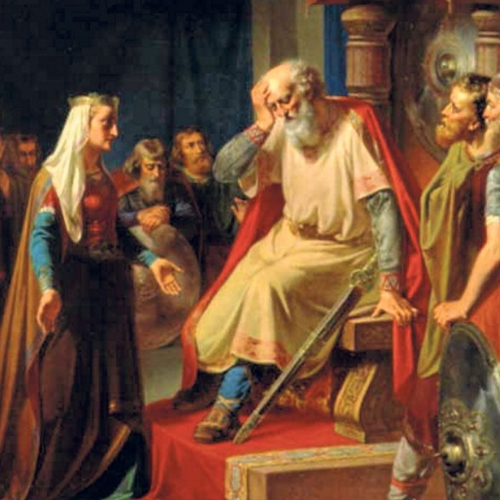
Not possible to remove the adverb. (936–958) consolidated Danish territories and established a stable monarchy. This Viking king built the first fortifications at Jelling. It would become a key royal site for his successors. Gorm’s reign set the stage for Denmark’s rise as a power in Scandinavia.
8. Harald Bluetooth:
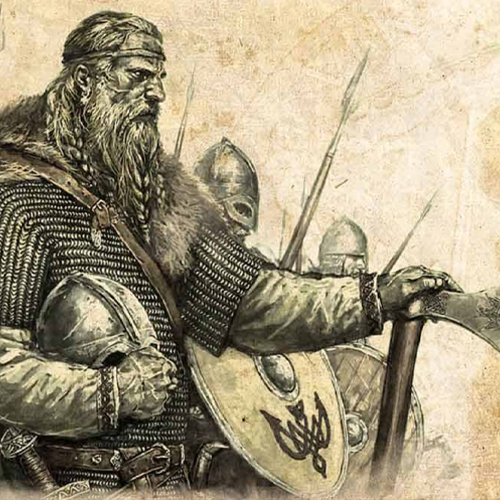
Harald Bluetooth, son of Gorm the Old, was a Viking king famed for uniting Denmark and Norway under his rule. He also helped introduce Christianity to Denmark. This further integrated his kingdom into Europe. They named modern Bluetooth wireless technology after him. It’s a fitting tribute to his legacy of connecting people and places.
9. Sweyn Forkbeard:
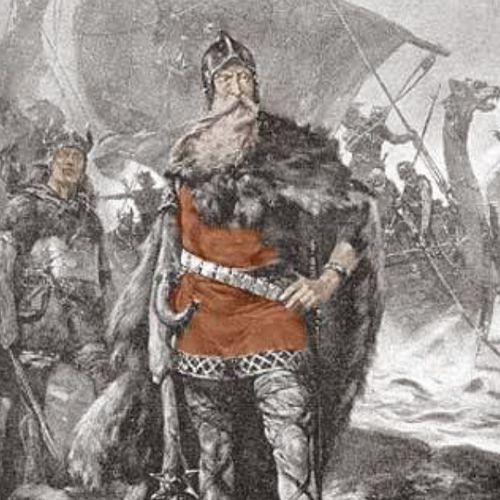
Sweyn Forkbeard, son of Harald Bluetooth, was a Viking king. He made history by being the first to rule England. His conquest in 1013, driven by revenge, gave the Danes the English throne, if only for a time. His son, Cnut the Great, later solidified this. Sweyn’s reign marked a high point of Viking power and influence in England.
10. Ivar the Boneless:
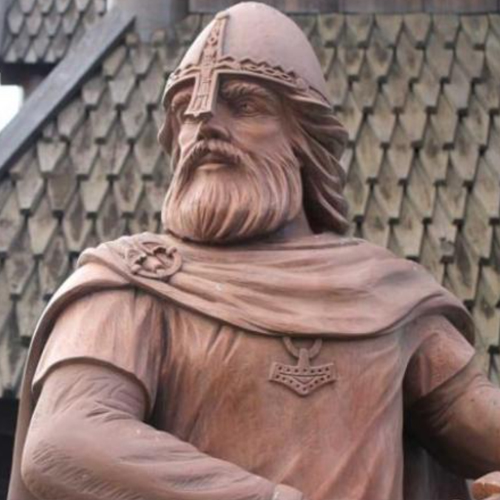
Another legendary son of Ragnar Lothbrok, Ivar the Boneless was a Viking king. He was a key leader of the Great Heathen Army that invaded England in 865. Despite a debated disability, Ivar showed great military skill and strategy. He helped conquer much of England. It changed the political landscape of the British Isles.
Legacy of the Viking Kings
The Viking kings were more than fierce warriors. They were also skilled administrators, explorers, and cultural influencers. They achieved much. They unified fragmented lands and built powerful kingdoms. They explored new lands and spread their influence across continents. These leaders fascinate historians. Their legacy inspires many stories. Thus, their mark on history endures.

